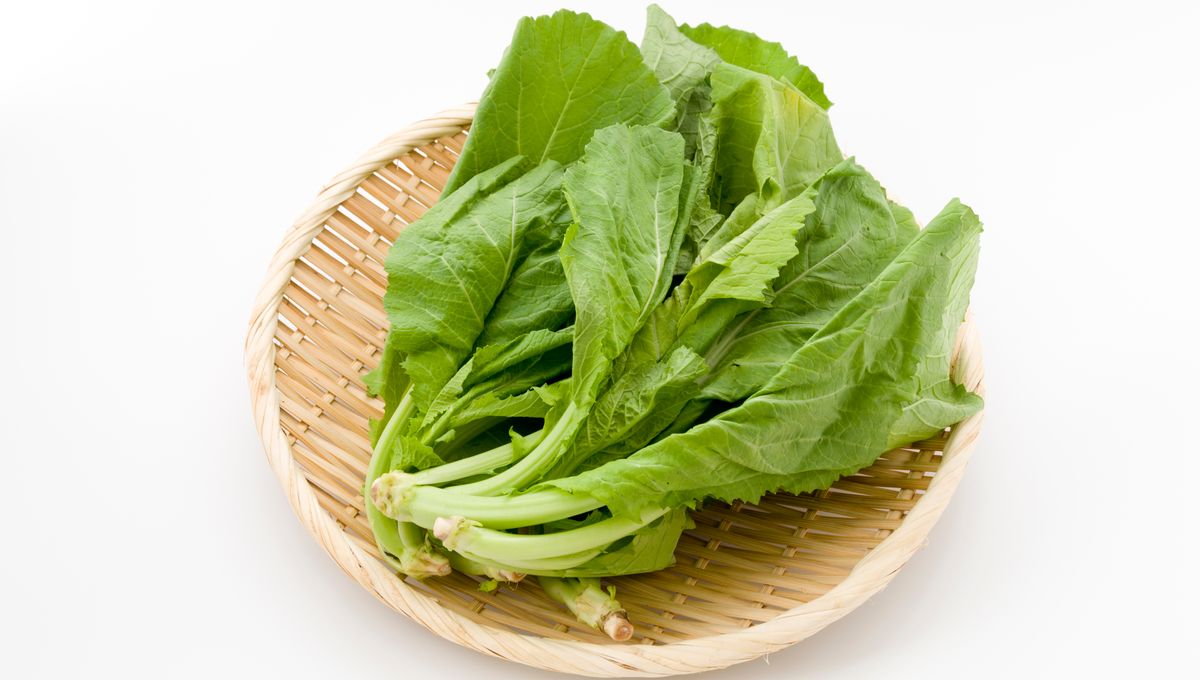
The latest gene-edited food tipped to hit the shelves – potentially in a few short months – are new and improved leafy greens. With better taste and higher nutrition than your average lettuce, it could soon be spicing up salads, having recently been licensed by biotech giant Bayer.
Last year, food startup Pairwise launched its gene-edited mustard greens: the first CRISPR food to hit the North American market. Engineered for improved flavor and higher nutritional content, the leafy greens were introduced to the food service industry in a select few cities – but should now become available to plenty more consumers thanks to Bayer.
The company will be able to develop and commercialize 10 varieties of Pairwise’s gene-edited mustard greens and will be free to breed new varieties, which could see them reaching grocery stores as early as this year.
“We hope to have product reaching kitchen and dinner tables in the fall,” Anne Williams, head of protected crops in Bayer’s vegetable seeds division, told Wired.
The edited salad leaves are a mixture of multi-use mustard green varieties engineered by Pairwise to have a less intense, bitter flavor, while still retaining their nutritional value. “We think people will really like the taste,” Williams added.
To create the greens, Pairwise used a type of gene editing known as CRISPR, which essentially uses “genetic scissors” to snip DNA. As such, it can be used to edit genes by facilitating the removal, addition, modification, or replacement of genetic material. Crucially, gene editing does not involve the insertion of foreign genetic material, which means it is distinct from often-vilified genetic modification (GM).
Because gene-edited crops contain no added DNA, in many places – including the US – they are not subject to the same stringent regulations as GM crops. In recent years, we’ve seen all sorts of edited products popping up: from the tomato that debuted in Japan in 2021, becoming the world’s first CRISPR-edited food to go on sale, to genetically engineered pigs, and now salad.
“We’re excited to partner with Pairwise on their innovative leafy greens, which deliver a new, great-tasting salad option with high nutrition value,” said JD Rossouw, Head of Vegetables Research & Development at Bayer, in a statement. “The latest deal creates value beyond just selling a product, as it also comes with rights to use the knowledge, intellectual property, and technology going forward.”
And why stop there? Pairwise is continuing to use CRISPR to innovate food and agriculture, including creating the first seedless blackberry.
Source Link: Gene-Edited Salad Leaves Could Be Making Their Way To Your Plate This Year